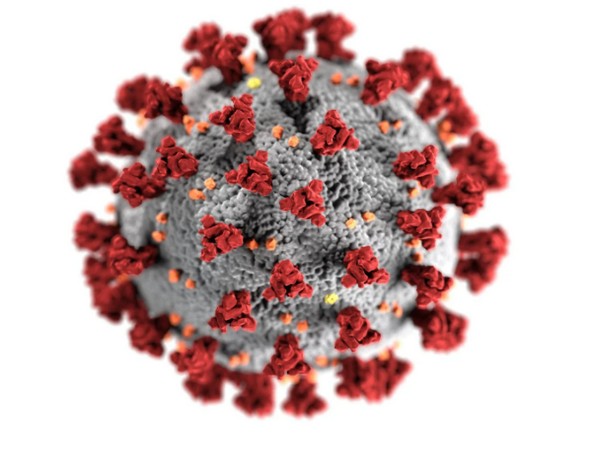
Beijing : China's National Health Commission (NHC) on Sunday said that at present, the COVID-19 epidemic is at a low level in China. However, the recent surveillance data showed that positive case reports have witnessed a slight rise, suggesting that the epidemic is on the rise, Global Times reported.
According to NHC, the number of COVID-19 cases is expected to rise due to the inter-regional movement of people and the increase of crowd gathering around the Spring Festival.
While addressing a press conference on Sunday, Chen Cao, a researcher at the Institute of Viral Diseases of Chinese Center for Disease Control and Prevention (China CDC), said currently, the JN.1 variant of the COVID-19 virus has become the dominant strain in local cases in China, particularly mild infections, according to Global Times report.
According to the press conference, influenza has been witnessing a downward trend. However, it is still the most important pathogen of respiratory disease infection and other respiratory diseases are at a low level.
In February, epidemics of multiple respiratory diseases will continue to spread in China, the Global Times reported, citing the press conference. The flu is expected to witness a decline to a low level around the Spring Festival holiday which falls from February 10-17.
The data showed that the situation of acute respiratory diseases in China has witnessed a drop for two consecutive weeks after reaching a peak in early December 2023. Cases were then reported at the end of December and continued to fluctuate at a high level and dropped in the past three weeks.
NHC spokesperson Mi Feng said that the diagnosis and treatment of respiratory diseases in outpatient and emergency departments of level II medical institutions and above continued to remain stable, Global Times reported.
According to Mi, the current situation is due to travel before the Spring Festival, and the increase in domestic North-South cross tourism and increasing overseas sightseeing tours.
The mass movement and gathering of people makes it easy to increase the spread of respiratory diseases, and respiratory diseases will remain at a certain epidemic level before and after the Spring Festival.
Li Tongzeng, the chief physician of the infection department at Beijing You'an Hospital, said that in his hospital, influenza B cases are still at the top spot, with COVID-19 ranking second. Li noted that influenza B is still the main type of flu, with a decrease in cases while the proportion of COVID-19 cases has witnessed a rise recently.
Li warned that many people during the spring festival holiday will meet their families and visit their elderly relatives, which implies that the infection rate among the elderly could rise and called on the people to look after their families, Global Times reported.
He added that currently, a few elderly people still face more severe symptoms of COVID-19 infections, and there are also people have been infected with COVID-19 for the first time, which raises the risk of developing a moderate to severe illness.
According to the press conference on Sunday, the NHC has made special preparations for epidemic prevention and control work around the spring festival.
All the regions should strengthen duty, maintain emergency preparedness, and coordinate and send medical resources and professional forces, according to health authorities. The health authorities noted that localities should ensure the "120" emergency hotline operates 24 hours a day and all medical institutions should do a good first aid transfer.
During the holiday, hospitals and grassroots medical and health institutions should remain fully open, with fever clinics, consulting rooms and strong medical forces.
Speaking to Global Times, Li said people experiencing symptoms like fever, cough or sore throat during spring festival should not visit relatives or attend gatherings. He advised them to take rest and avoid rest and avoid long-distance travel.
The NHC highlighted the significance of protecting the elderly, children, pregnant women, patients with chronic basic diseases and other vulnerable groups and addressing the needs of people who require medical treatment and emergency care.